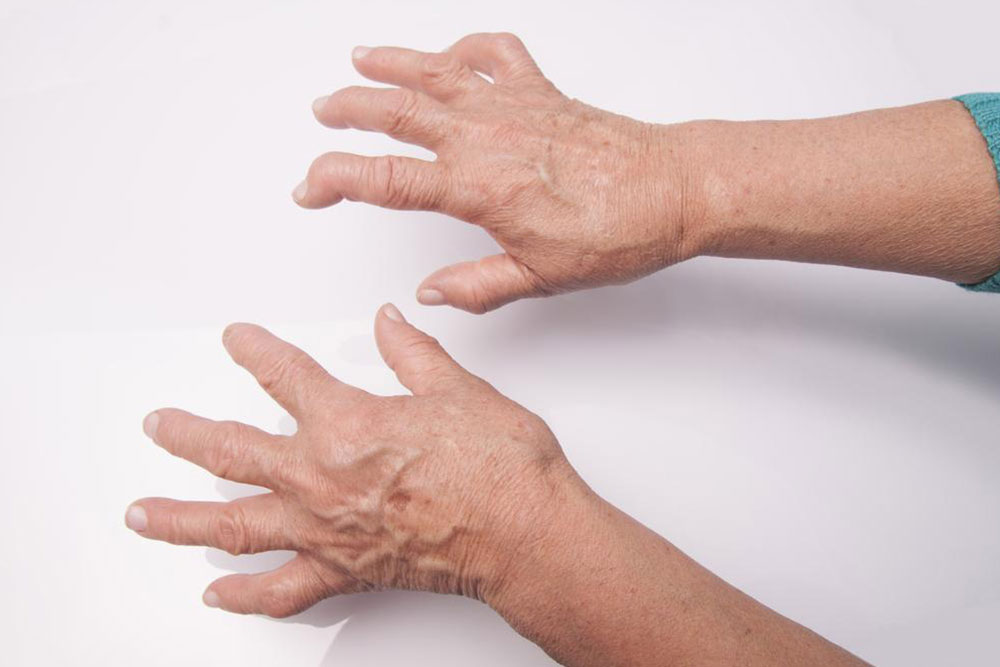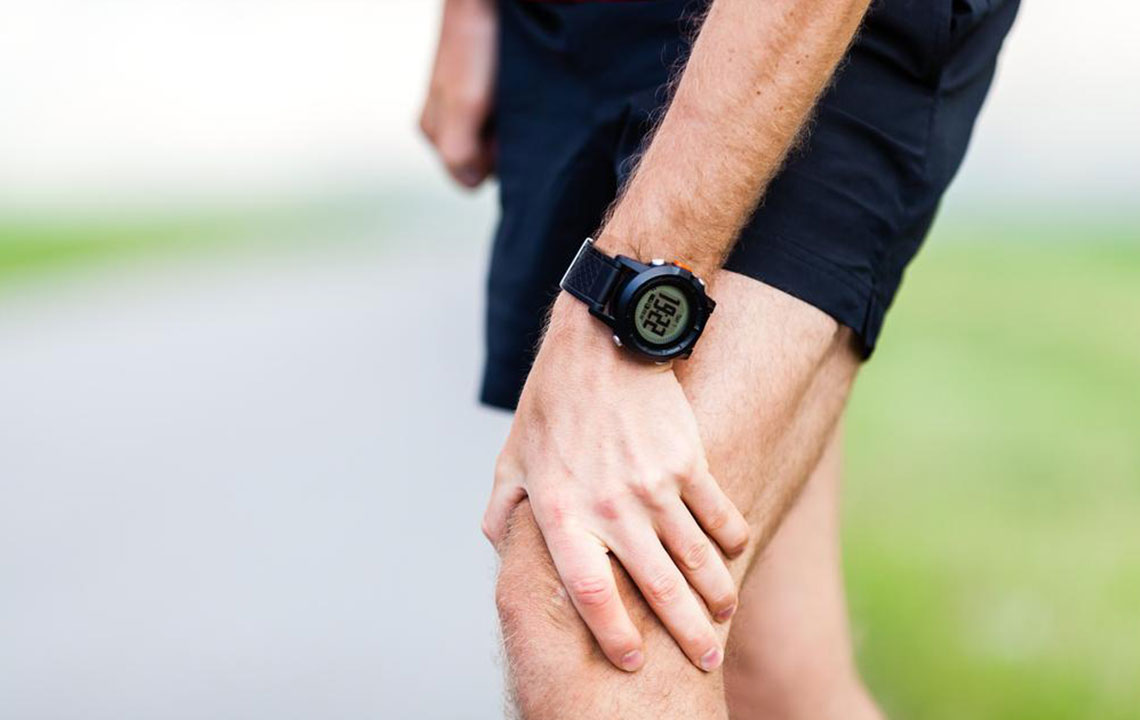Effective Strategies for Managing Rheumatoid Arthritis
Discover comprehensive strategies for managing rheumatoid arthritis, including medication, lifestyle changes, and alternative therapies. Learn how to reduce symptoms, improve mobility, and enhance quality of life with expert-recommended approaches and supportive care techniques.

Effective Strategies for Managing Rheumatoid Arthritis
Rheumatoid arthritis (RA) is an ongoing autoimmune disorder that triggers joint pain and inflammation.
What are the typical RA symptoms?
Stiff joints
Persistent joint ache
Swelling of joints
Reduced joint mobility
Diagnosis usually involves blood tests and X-rays. A family history can also increase risk.
What causes RA?
Smoking habits
Excess weight
Trauma or injuries such as fractures
Common treatments for RA
There are multiple approaches to managing rheumatoid arthritis. Here’s an overview:
Medication
Pharmacological options include corticosteroids, non-steroidal anti-inflammatories, and acetaminophen, aimed at reducing joint damage and pain.
Physical activity
Gentle yoga routines can alleviate joint discomfort and enhance flexibility. Regular movement is essential for maintaining joint function.
Assistive devices
Using braces, crutches, or installing grab bars can improve daily mobility and support joint health.
Nutrition
Diet rich in vitamins A, C, and selenium—found in dark chocolate, berries, spinach, and beans—supports joint health. Consuming flavonoid-rich foods like green tea, berries, broccoli, and soy is beneficial. Omega-3 fatty acids from fish, walnuts, and seeds help reduce inflammation. Avoid trans fats and simple carbs to manage symptoms.
Surgical options
Procedures include joint fusion to realign bones, joint replacement surgeries, and tendon repairs for damaged tissues. These are considered when conservative treatments are insufficient.
Lifestyle modifications
Quitting smoking is crucial, as it is directly linked to RA development. Maintaining physical activity, achieving a healthy weight, and adopting stress-reducing practices can significantly improve quality of life.
Complementary therapies
Techniques like acupuncture and aromatherapy can help in pain relief and relaxation.
Topical treatments
NSAID creams, gels, and targeted injections provide localized pain relief directly at affected joints.
Professional support
Consulting occupational therapists and physiotherapists can aid in managing daily tasks and reducing joint stress. Physiotherapy exercises strengthen muscles and improve mobility.
Thermal therapies
Hot or cold baths can ease joint stiffness and discomfort.
Alternative treatments
Chiropractic care, electrotherapy, hydrotherapy, massage, and osteopathy are additional methods that help alleviate symptoms and improve joint function.
While treatments can't cure RA, they effectively manage symptoms, allowing patients to live more comfortable lives. Support from loved ones and mindfulness practices add to the overall well-being. Always consult healthcare professionals for personalized advice before starting any new therapies.










